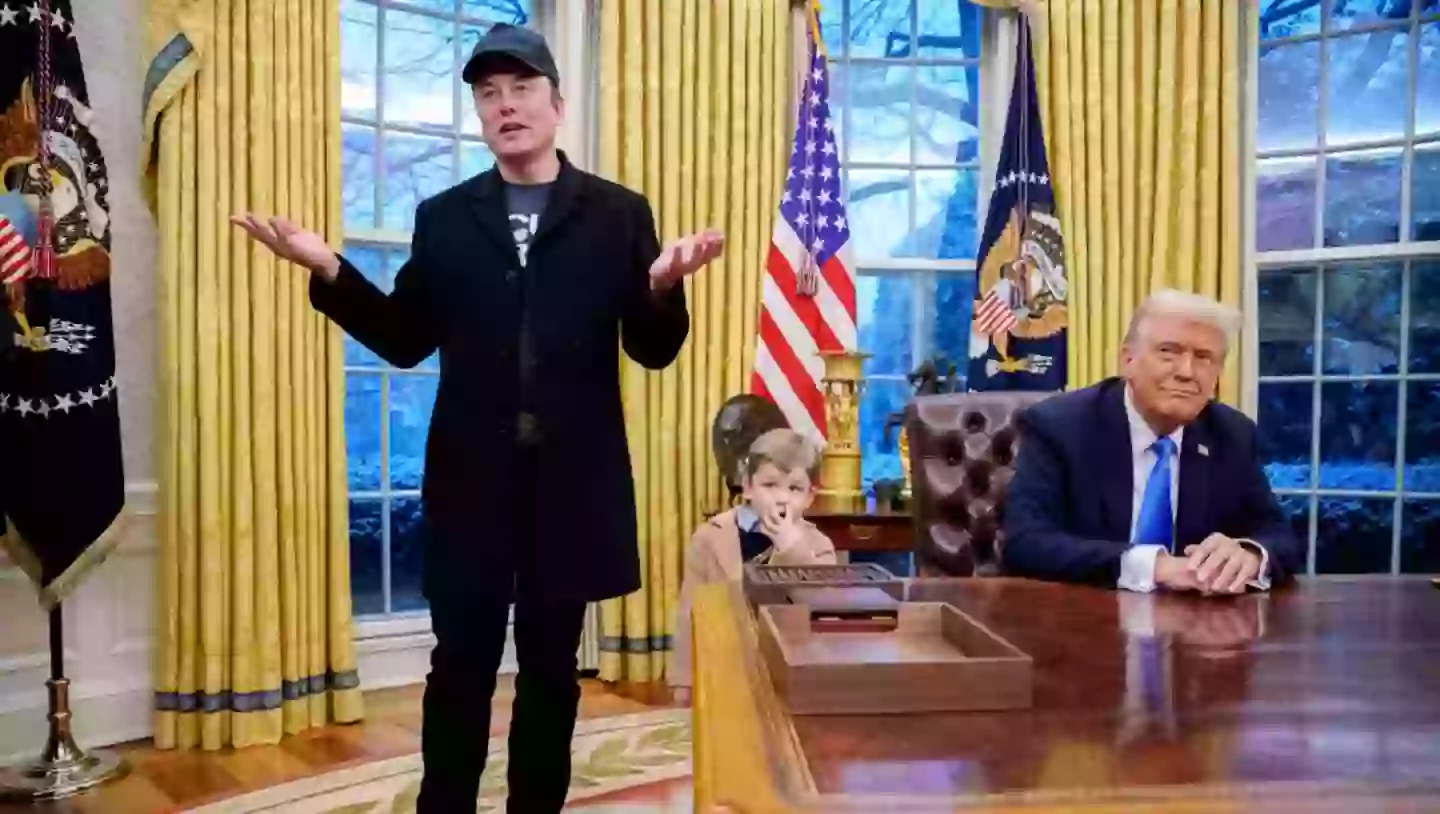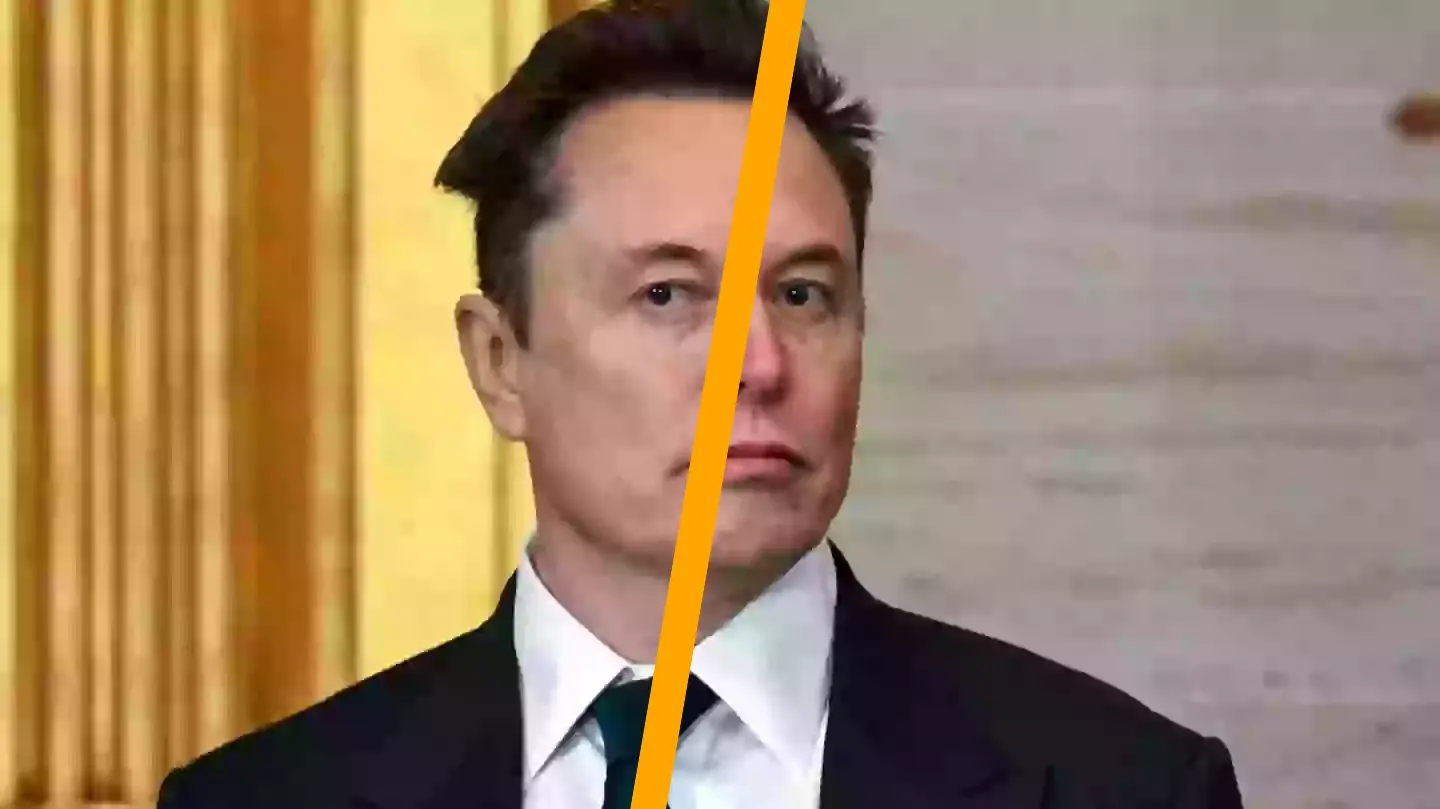A federal judge has recently denied a request to prevent Elon Musk and the Department of Government Efficiency (DOGE) from accessing federal data, as part of their efforts to audit and reduce costs.
Although DOGE is not an official government department, it has been led by Musk, the wealthiest person globally, with the aim of significantly downsizing the federal workforce and cutting what is perceived as unnecessary government expenditure.
In recent weeks, the advisory group has committed to reducing the U.S. national debt, which currently stands at $36 trillion. Additionally, it has terminated several federal contracts, discontinued Diversity, Equity, and Inclusion (DEI) programs, and made extensive cuts to the United States Agency for International Development (USAID).
Democratic states have come together to obstruct these fiscal reduction efforts, seeking a temporary restraining order to halt DOGE’s actions.
The lawsuit, submitted to Congress, aimed to prevent DOGE from accessing information systems or terminating employees in various government departments, including Energy, Transportation, and Commerce. It also sought to protect employees in the Labor, Office of Personnel Management, Health and Human Services, and Education departments from potential job cuts.
Other actions by DOGE mentioned in the lawsuit include accessing sensitive and confidential agency data and canceling federal contracts.
Despite these concerns, U.S. District Judge Tanya Chutkan stated on Tuesday, February 18th, that the potential for DOGE to harm the nation by accessing data systems or making personnel decisions was insufficient to justify stopping its activities.

Judge Chutkan remarked, as reported by NBC News, “The court is aware that DOGE’s unpredictable actions have resulted in considerable uncertainty and confusion for Plaintiffs and many of their agencies and residents.” She expressed the concerns that plaintiffs have regarding the unchecked power of an unelected individual and an entity not created by Congress and lacking congressional oversight. Chutkan emphasized that without clear evidence of immediate, irreparable harm, the court cannot issue a temporary restraining order of the breadth requested by the plaintiffs.
According to Reuters, Chutkan noted that the plaintiffs, led by New Mexico, did not meet the ‘high standard for irreparable injury’ and had not provided adequate justification for an immediate restraining order.
Further supporting her decision, she stated, “When litigants have identified specific individuals or programs imminently targeted by Defendants, courts have issued appropriately tailored [temporary restraining orders].”
Following this decision, New Mexico Attorney General Raúl Torrez expressed his intent to continue litigation against Musk and DOGE, stating that he will fight “as long as it takes to bring this chaos to an end.”
As reported by the New York Post, Torrez expressed disappointment over the court’s refusal to issue a restraining order but remains committed to opposing what he describes as Musk’s “unlawful power grab.”

Torrez elaborated, “Every day that he is allowed to operate without a congressional mandate and with little apparent supervision, Musk is destabilizing our government and disrupting critical funding for education, public health, and national security. His move fast and break things mentality is not only reckless, but also unconstitutional, and we are prepared to pursue this case for as long as it takes to bring this chaos to an end.”
In light of the decision to deny the blocking of Musk, Judge Chutkan has requested that the Democratic states seeking the injunction submit a proposed briefing schedule by 5 p.m. on February 19, should they wish to pursue a preliminary injunction.

